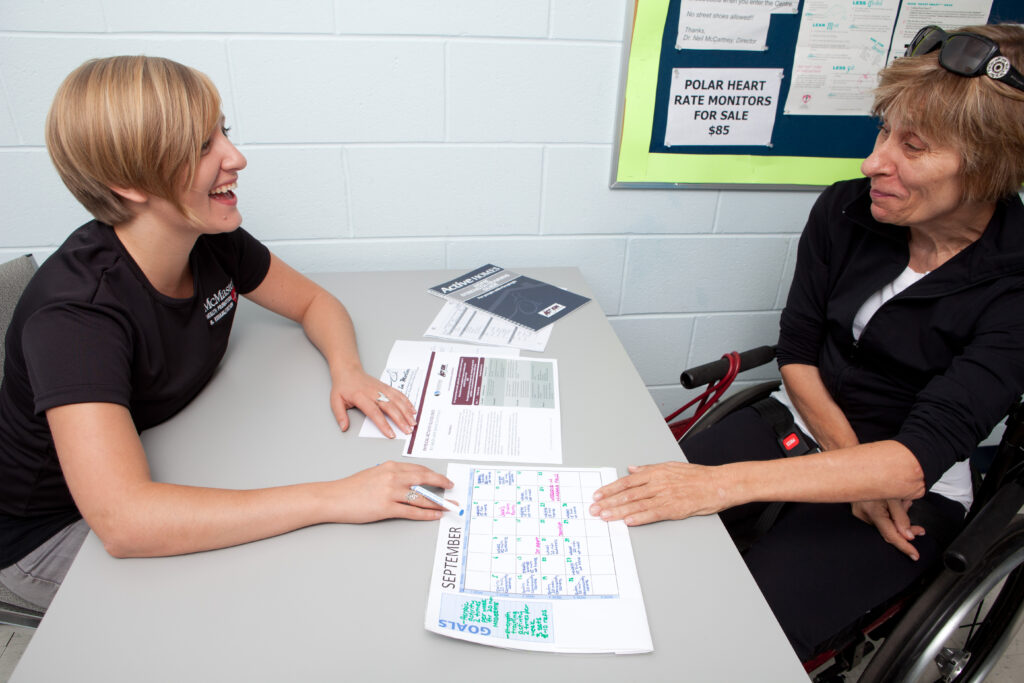Understanding Psychosocial Research
November 15, 2023

The Neilsen Foundation first invited Psychosocial Research (PSR) applicants in 2013. Since then, we have awarded over 130 grants for a total of nearly $36 million. But what is psychosocial research? And what impact could it have on people with spinal cord injury (SCI)? As we celebrate the 10-year anniversary of the portfolio, let’s take a deeper dive into this multi-faceted idea to better understand what PSR is.
When thinking about research, laboratories full of test tubes and scientific instruments come to mind—but PSR is different. It’s about understanding what people face after SCI and how their social interactions and participation in daily activities change. As this is a scientific area, the terminology can be pretty mysterious, for example, “studies of the ways in which psychic experience and social life are fundamentally entangled with each other” is one definition found on the internet. But what exactly does that mean?
Put more simply, this kind of research attempts to identify where people are in their journey and what barriers they face. Our grantee partners focus on mental health concerns that people living with SCI may face, like depression or loneliness, but also the mindsets that give a person resilience and coping skills. The “social” part of the research looks at the interpersonal and environmental factors that influence people’s wellbeing—the ability to fully participate in one’s chosen activities being key. The goal is to discover methods to help individuals with SCI by looking at the whole person, identifying ways to ease the transition back into daily life in an unfamiliar body, and to find ways to help them meet personal goals.
PSR scientists are led by input from the people living with the injury and their caregivers. Their studies often involve interviews and focus groups that allow people to express how they experience the impact of SCI—everything from health behaviors to lifestyle, as well as interactions with family members. Researchers ask questions about what is important to the SCI community, try to identify societal and physical barriers to full participation, and observe reactions to new approaches designed to help overcome physical or emotional challenges.
Topics of study in PSR are far-reaching. They include affordable and accessible housing, intimacy with partners, disability identity, employment, social isolation, pain management, and much more. When focusing on physical health, researchers also delve into concerns about pregnancy, weight gain, bowel care and bladder management, sleep disorders, and blood pressure regulation.
The goals of research supported by the Neilsen Foundation go beyond studying the issues. The aim is to develop strategies, tools, and therapies that will help people with SCI gain the confidence and skills they need to reach their personal goals. The hope is to help people take the best care of themselves as they navigate and overcome the barriers SCI puts in their path.